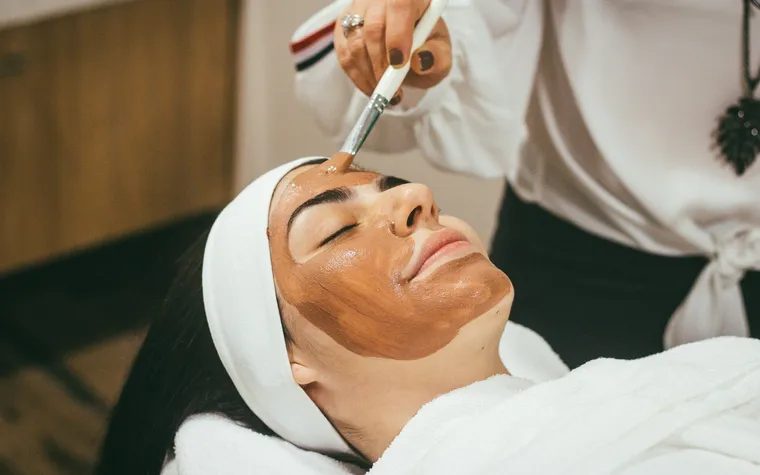Acne is a common skin condition that affects millions of people worldwide, characterized by pimples, blackheads, and inflamed cysts. It typically develops on the face, chest, and back. While acne is often associated with teenagers, it can occur at any age, impacting self-esteem and quality of life.
Effective acne treatment options vary depending on the severity and type of acne. From over-the-counter solutions to prescription medications and advanced dermatological procedures, there are numerous ways to manage and prevent breakouts. Understanding the available treatments can help individuals achieve clearer skin and reduce the risk of scarring.
Over-the-Counter (OTC) Treatments
For mild acne, OTC treatments are often the first step. Products containing ingredients like benzoyl peroxide, salicylic acid, or alpha hydroxy acids (AHAs) can be effective.
- Benzoyl Peroxide: Kills bacteria and reduces inflammation.
- Salicylic Acid: Helps unclog pores and exfoliate the skin.
- AHAs: Promote cell turnover and reduce dark spots.
Regular use of these products, combined with a gentle skincare routine, can improve mild acne within weeks.
Prescription Medications
When OTC treatments are insufficient, dermatologists may prescribe medications tailored to the individual’s skin type and severity of acne.
- Topical Retinoids: Derived from vitamin A, retinoids like tretinoin and adapalene unclog pores and reduce inflammation.
- Antibiotics: Topical or oral antibiotics may be prescribed to kill bacteria and reduce redness.
- Hormonal Therapy: For females with hormonal acne, birth control pills or anti-androgen medications like spironolactone can regulate hormone levels.
Advanced Dermatological Procedures
In severe or persistent cases, dermatologists may recommend specialized treatments:
- Chemical Peels: A chemical solution exfoliates the skin, promoting new skin growth and reducing acne scars.
- Laser and Light Therapy: Targets acne-causing bacteria and reduces oil production.
- Drainage and Extraction: Large cystic acne may require professional drainage to reduce pain and prevent scarring.
Lifestyle and Skincare Tips
In addition to medical treatments, adopting a healthy skincare routine can prevent breakouts. Tips include:
- Wash your face twice daily with a gentle cleanser.
- Avoid touching or picking at acne lesions.
- Use non-comedogenic products to prevent clogged pores.
- Maintain a balanced diet and stay hydrated.
Conclusion
Acne is a treatable condition with various effective options. Consulting a dermatologist for a personalized treatment plan can provide the best results. With consistent care and appropriate treatments, individuals can achieve clearer, healthier skin, enhancing both their appearance and confidence.

